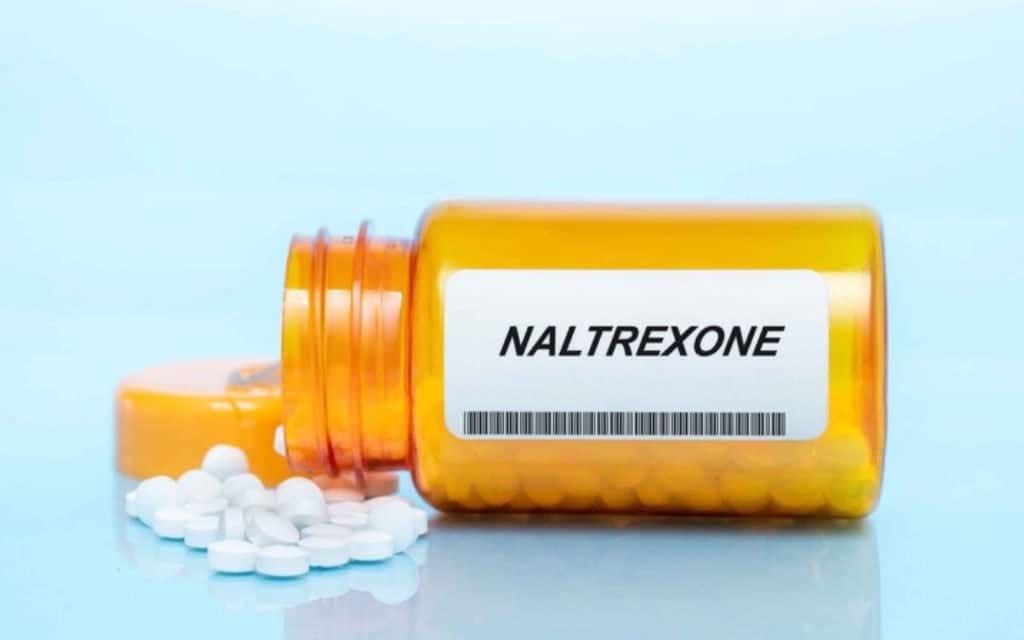Evidence-Based Practice is Important in Addiction Treatment
When it comes to addiction treatment, there’s nothing like one-size-fits-all. Addiction is a complex disease, and different people will respond to different types of treatment. That’s why addiction rehab facilities have different evidence-based approaches to care. In this blog post, we will discuss what evidence-based practice is and why it is so important in addiction treatment.
Evidence-Based Practice (EBP)
Evidence-based practice in addiction treatment is an approach that uses research to guide clinical decision-making. It focuses on using techniques proven effective through research rather than personal preferences or anecdotal reports. This may involve medications, behavioral therapies, or other approaches that help treat addiction.
EBP is effective in treating substance use disorders but is now being used more and more in other areas of mental health care as well. It is an important part of providing high-quality addiction treatment, and it will likely become even more important long term.
Here are some examples of evidence-based practices:
Medication-Assisted Treatment
Medication-assisted treatment (MAT) is a harm-reduction approach to treating addiction that involves using certain medications in combination with counseling and behavioral therapies. The medications used in MAT help to reduce withdrawal symptoms and cravings, making it easier for people to abstain from drugs or alcohol. MAT is considered an evidence-based addiction treatment, as it has been shown to be more effective when combined with behavioral therapies.
The most commonly used medications for MAT include disulfiram, acamprosate, and naltrexone. These medications work by interacting with the brain’s circuitry responsible for reward and reinforcement, helping to reduce the pleasurable effects of drugs or alcohol. In addition to reducing withdrawal symptoms and cravings, MAT also helps to improve mental and physical health, increase employment rates, and reduce criminal activity.
Naltrexone as an Evidence-Based Treatment

The efficacy of Naltrexone has been peer-reviewed, and it is referred to as the first-line drug treatment for alcohol addiction. It is an evidence-based medication for alcohol use disorders. But despite pointers that it has a 78% success rate in helping people cut down alcohol intake, a recent systematic review of literature argued that naltrexone, and other drugs used in MAT, have little or no effect in helping people cut down alcohol intake. According to the review, the little efficacy shown is from studies with a high-risk bias. However, a randomized clinical trial showed that naltrexone is more effective than a placebo in reducing cravings, alcohol use, time to first relapse, and the severity of relapse.
Disulfiram
Disulfiram is also used to treat chronic alcoholism. It blocks the breakdown of alcohol in the body, causing a buildup of a toxic alcohol-related compound that triggers symptoms that discourages alcohol intake. A systematic review of controlled trials revealed that the drug’s effects on alcohol use were inconclusive.
Acamprosate
Acamprosate has been shown to reduce consumption and cravings for alcohol through inhibitory activity at N-methyl-d-aspartate receptors and agonist activity at (gamma)-aminobutyric acid (GABA) receptors. Patients who were given acamprosate in two trials showed higher abstinence rates at follow-up compared to controls. However, another study found no difference.
Cognitive Behavioral Therapy as an Evidence-Based Treatment
Cognitive behavioral therapy (CBT) is a type of psychotherapy designed to help people change their thoughts and behaviors to improve their mental health. Unlike other forms of therapy, CBT focuses on the here and now rather than exploring past experiences. CBT has been shown to be an effective treatment for various mental health conditions, including anxiety, depression, Obsessive Compulsive Disorder (OCD), post-traumatic stress disorder (PTSD), and phobias. CBT aims to help people understand how their thoughts and behaviors impact their feelings and experiences and to learn new ways of thinking and behaving that are more helpful. CBT typically involves working with a therapist in weekly sessions, although it can also be delivered via self-help books or computerized programs.

Some examples of behavioral therapies that are supported by evidence are:
- Motivational interviewing
- Cognitive behavioral therapy
- 12-step facilitation therapy
Individual and Group Therapy/Counseling
Counseling is a type of therapy that helps people work through life challenges. It can be done individually, with one person meeting with a counselor, or in a group setting, with several people meeting together. Counseling is an evidence-based treatment, which means that there is research to support its effectiveness. It has been shown to help treat mental health conditions, such as depression and anxiety, and help people cope with life stressors, such as relationship problems or job loss. Counseling can also help people make positive changes, such as quitting substance use or losing weight. If you are considering counseling, you can talk to your doctor or mental health provider to see if it is right for you.
12-Step Facilitation Therapy
12-step facilitation therapy is an evidence-based treatment for addiction that has been shown to be effective in multiple studies. The therapy is based on the 12 steps of Alcoholics Anonymous and is typically delivered in an outpatient setting. The therapist works with the client to help them understand the 12 steps and how they can be applied to their own life. The therapist also helps the client to identify any barriers to recovery and develop a plan to overcome them. In addition, the therapist provides support and encouragement throughout the process. Studies have shown that 12-step facilitation therapy can significantly reduce alcohol consumption and craving and improve other measures of alcohol abuse.
Eye Movement Desensitization and Reprocessing (EMDR)
EMDR is a form of therapy that uses bilateral eye movements to help reprocess memories and reduce the negative emotions associated with them. The theory behind EMDR is that when we experience a traumatic event, our brains cannot process the experience properly. This can lead to the development of negative beliefs about ourselves and the world around us. EMDR is thought to help by working with the brain’s natural healing process to help us reprocess these experiences in a more healthy way.
EMDR has been shown to be an effective treatment for various conditions, including addiction. It has also been found to help reduce anxiety, depression, and PTSD symptoms in people with addiction. While more research is needed, EMDR appears to be a promising treatment for addiction and other mental health conditions.
Dialectical Behavioral Therapy (DBT)
Dialectical Behavioral Therapy, or DBT, is a cognitive behavioral therapy originally developed to treat borderline personality disorder. However, research has shown that it can also be an effective treatment for drug or alcohol addiction. The core principle of DBT is that progress occurs through a dialectical process in which opposing ideas are synthesized to create a new concept. This process is reflected in the four main components of DBT:
- Mindfulness: Mindfulness helps individuals to focus on the present moment and become more aware of their thoughts and emotions.
- Interpersonal effectiveness: Interpersonal effectiveness helps individuals to navigate difficult social situations productively.
- Distress tolerance: Distress tolerance helps individuals to cope with difficult emotions in a healthy way.
- Emotion regulation: Emotion regulation helps individuals to manage their emotions in a healthy way.
Together, these four components provide a comprehensive approach to treating addiction that has been shown to be effective in numerous scientific studies.
Experiential Therapy
Experiential therapy is a psychological treatment that emphasizes experiencing and expressing emotions as a means of healing. The premise of experiential therapy is that by processing and working through difficult emotions, people can resolve past traumas and learn to cope with stress in a more healthy way. Experiential therapies such as:
- Art, music, play or drama therapy
- Adventure therapy (wilderness expeditions, ropes courses, ziplining)
- Equine therapy and other animal-assisted therapies
- Creative writing or poetry therapy
Family Treatment Approach

A growing body of evidence suggests that family treatment approaches are effective for treating addiction. Family therapy approaches involve working with the addict’s family to address the underlying issues contributing to the addiction. This can include addressing communication problems, emotional issues, and family dynamics. Research has shown that families participating in treatment together are more likely to see positive results, including increased abstinence rates and improved overall functioning. In addition, family treatment approaches are especially effective for those struggling with multiple addictions and those who have relapsed after treatment.
Addiction is a complex and devastating disease that can ruin lives. While there is no one-size-fits-all approach to treatment, it is important to seek help from an evidence-based program. Evidence-based practices have been shown to be more effective than other types of treatment in reducing drug use and cravings, improving family functioning, and reducing the risk of relapse. If you or someone you know is struggling with addiction, don’t wait to seek help.

